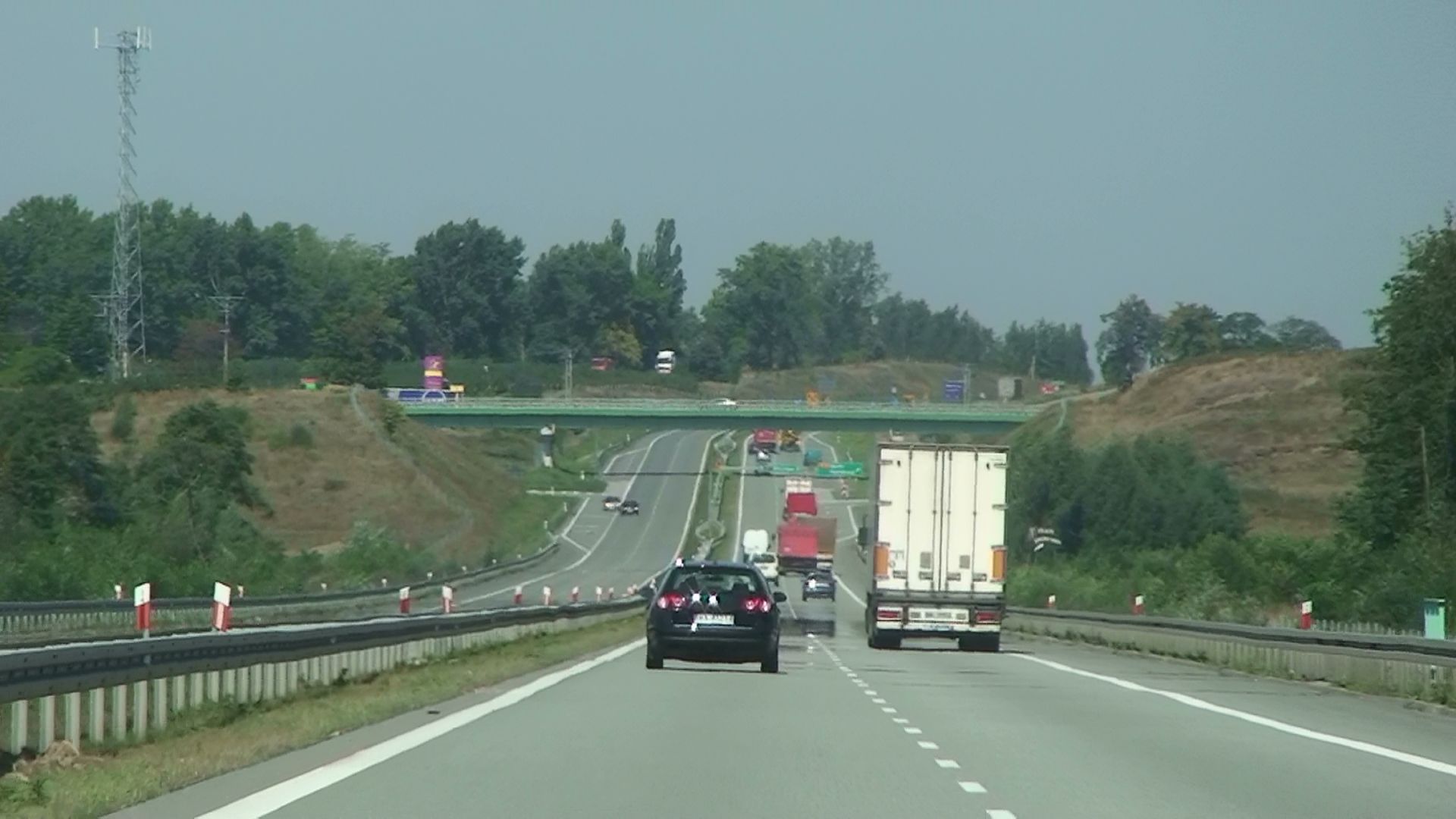Białobrzegi
6.24

Overview
Białobrzegi is a town in Poland, located in the Masovian Voivodeship, within the Białobrzegi County, on the Pilica River. The town, which received its city rights in 1540, was later deprived of them in 1869 and regained them in 1958. Białobrzegi lies on the border of the Białobrzegi Valley and the Radom Plain, serving as a tourist and recreational center with developed small-scale industry. The history of the town is rich, dating back to the Middle Ages when it was owned by various noble families. The town played a role during the January Uprising and also suffered during World War I and World War II, particularly due to the tragic fate of the Jewish community, which constituted a significant part of the population in the pre-war years. Representatives of various political movements, including Jewish ones, were active in Białobrzegi, showcasing the socio-cultural complexity of the region. Among the historic architecture, the parish church of the Holy Trinity from the years 1932–1957, designed by Stefan Szyller, stands out, along with other architectural objects related to the town's history. An important transport feature is the national roads that cross the town, facilitating access from neighboring regions. Białobrzegi cooperates with partner cities, including Allennes-les-Marais in France and Rava-Ruska in Ukraine. Religious communities, such as the Roman Catholic Church and Jehovah's Witnesses, contribute to the diversity of religious life. The town is also known for its local traditions and history related to trade and crafts, making it an interesting place to explore regional cultural values.
Location
2025 Wizytor | All Rights Reserved